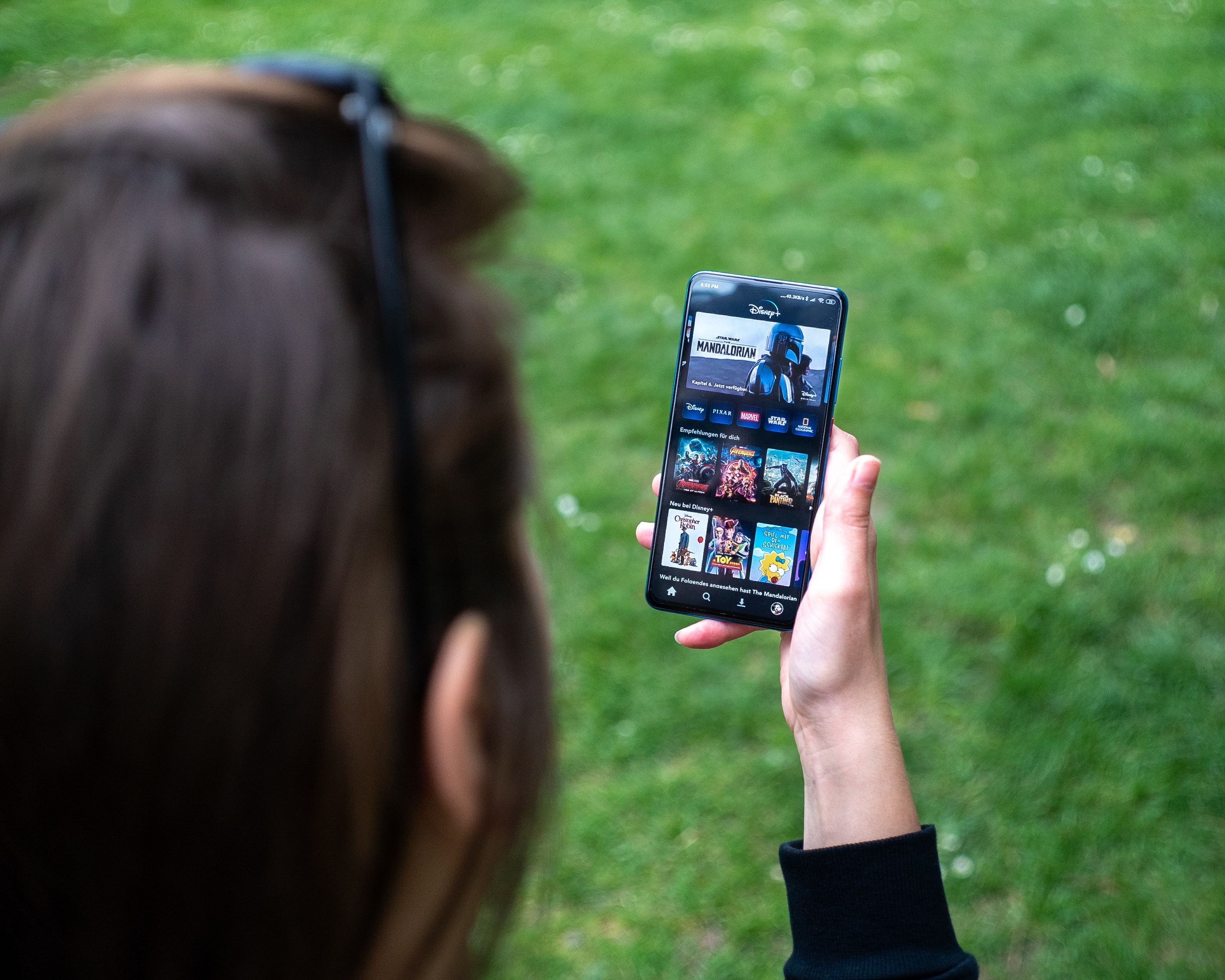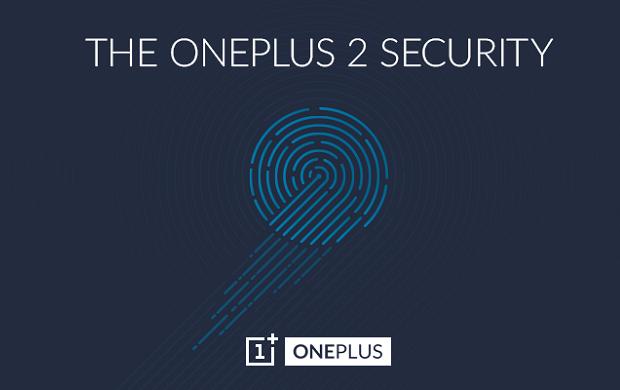
Akamai published their latest State of the Internet, which is regularly published once every three months. This time, the statistic of Indonesia gets decreased, as Indonesia is placed 117th among countries in Asia Pacific, behind Singapore, Malaysia, and even the Philippines which was below Indonesia in last year’s report.
According to the report, the average of internet connection in Indonesia only reaches 2,2 Mbps. It put Indonesia to the lowest rank for the first quarter of 2015, among other countries in Asia Pacific including neighboring countries Singapore (12,9 Mbps), Malaysia (4,3 Mbps), the Philippines (2,8 Mbps), and Vietnam (3,2 Mbps). In this category, South Korea took the global lead with 23,6 Mbps, followed by Hong Kong and Japan.
The report also suggested that other 13 countries experienced a rise in the average internet connection speed. Nonetheless, Indonesia was presented as the only country in Asia Pacific to have a decreasing figure according to Year-of-Year changes (-8,8%), thanks to the major decrease Indonesian internet had in last year’s Q4, from 3,7 Mbps in the Q3 to somewhat below-the-line 1,9 Mbps.

If it’s being broken down, the internet adoption in Indonesia is also quite low in term of number, as it only reached 6% for 4Mbps and above, 0,4% for 10 Mbps and above, and 0,1% for 15 Mbps (4K ready) and above during the Q1 of 2015. For each category, Indonesia was always the least.

The situation is no different in the category of Mobile Connectivity, as the average connection speed only reached 1,7 Mbps in Indonesia, slightly better than Vietnam with its 1,3 Mbps. In the peak condition, Indonesia couldn’t even reach two digit of performance with only securing 8,2 Mbps. This shows a significant gap with other countries, considering that Australia was able to reach 149,3 Mbps during the peak condition.
However, Indonesia noted a quite balanced statistic for mobile adoption, touching 3,0%, compared to Vietnam (0,4%), and Thailand (2,0%). In addition, the average loading time is also quite short, only 689 ms, along with Bolivia (670 ms) and Turkey (602 ms).
Although Indonesia’s statistic is currently declining, we remain optimistic that during the rest of 2015 it will significantly grow. This is related to the soon-to-be-implemented plan of 4G/LTE commercialization as well as the role of ISP players who start expanding their coverage to accommodate the Fiber To The Home technology.











